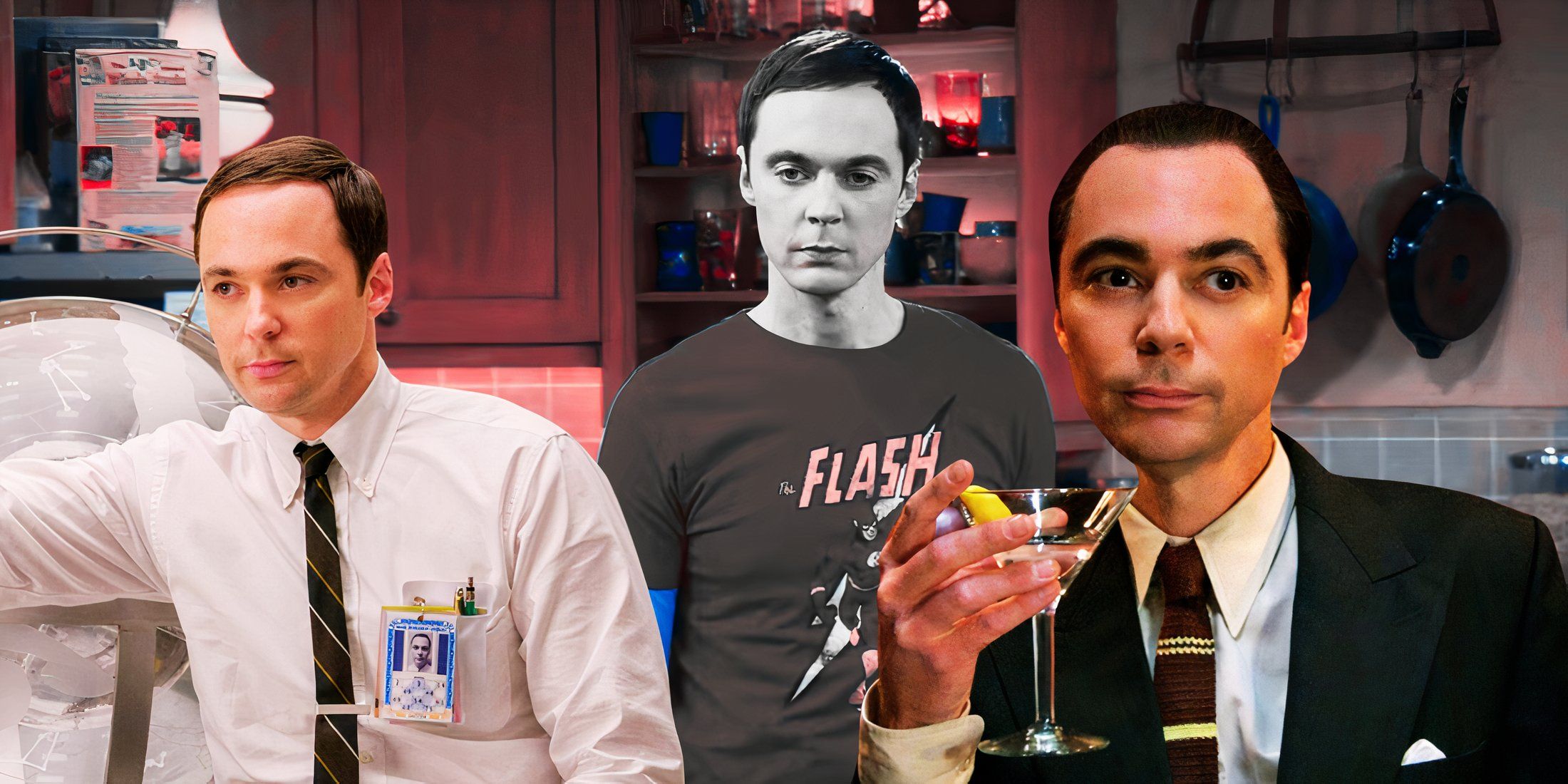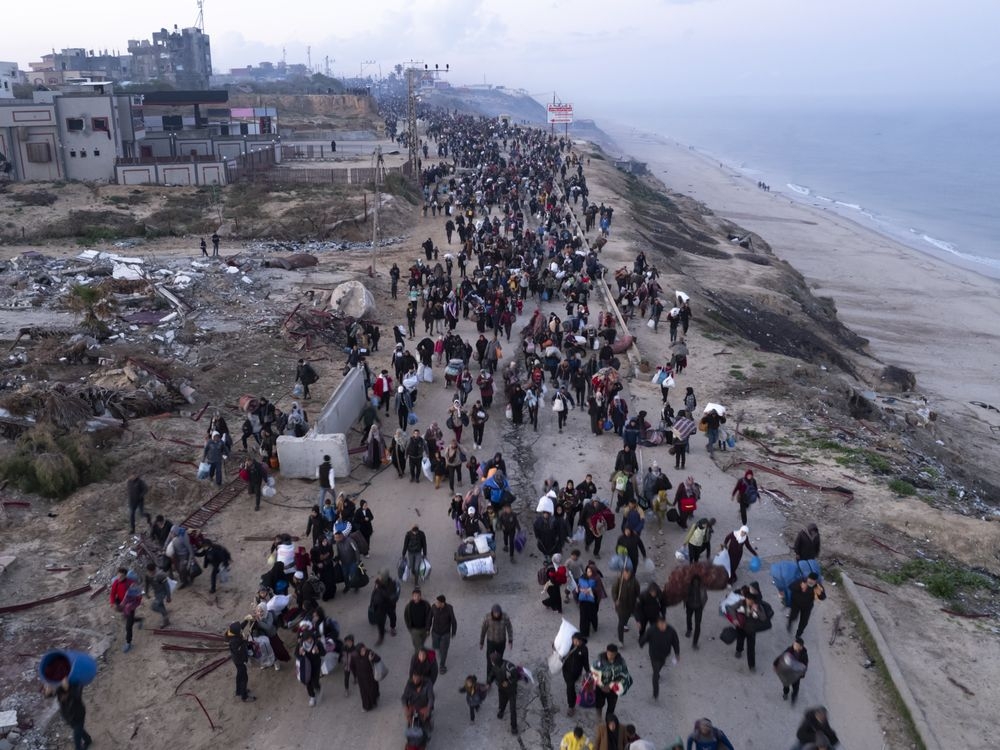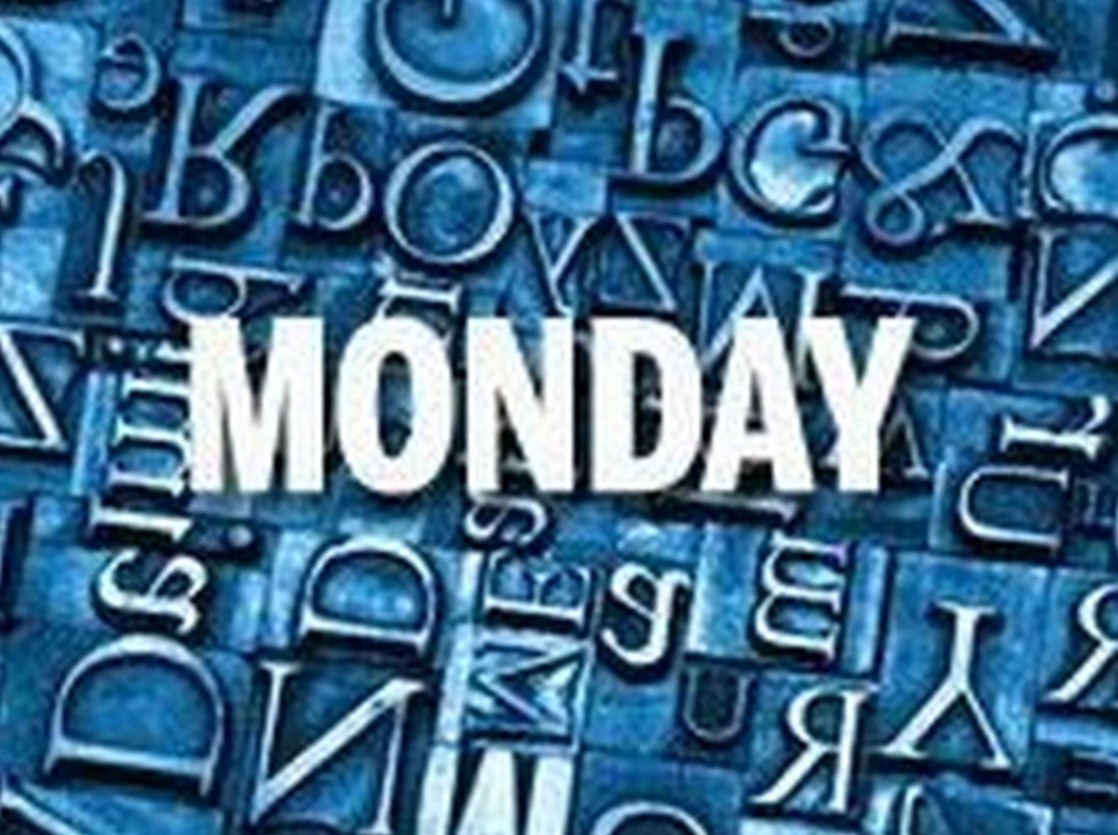Family Archives Illuminate Holocaust History in New Podcast

Timothy Taylor uncovers his family's Holocaust history through preserved documents and podcast. His grandfather's archives shed light on refugee experiences and personal trauma.
The six or seven boxes of carefully preserved documents - 10,000 pages in all - were hand-delivered to Timothy Taylor. The boxes contained an anguished family history shattered by the Holocaust, including details he never knew, and they came with a duty he wasn't sure he could fulfill.
Prof. Taylor, an award-winning writer and creative-writing professor at the University of British Columbia, was at home in Vancouver in 2019 when his sister arrived from Edmonton with the boxes.
"My mother told my sister before she died that I would know what to do with them," Prof. Taylor said. "I wasn't so sure, I thought, 'I hope she's right.' "
Inside the boxes were letters, diaries and photographs, his grandfather's records from 1940 to 1948, from his life in Nazi Germany and beyond. The fragile letters, some from even further back, were yellowed with age. Written in German, their meaning had been buried beneath decades of silence.
As Prof. Taylor sifted through the archive, he found a story of escape, loss and survival. He also quickly understood that the boxes contained what UBC librarian Robert Stibravy describes as a "gold mine for historians."
As per his mother's wishes, Prof. Taylor has donated his grandfather's archives to the Vancouver Holocaust Education Centre (VHEC) and the UBC Library. The digitization of the archive is set to be completed in August and it will be open to researchers worldwide. But Prof. Taylor wanted to go a step further.
With funding from VHEC, he created a six-episode podcast called The Hidden Holocaust Papers, which launches Monday on International Holocaust Remembrance Day.
"This isn't just history. It's the real-time thoughts of people experiencing it. That's what makes it powerful," Prof. Taylor said.
At first, the stories contained in the letters were overwhelming.
Prof. Taylor's grandfather, Felix Kuppenheim, was an engineer in Germany when the Second World War began. His brother, Hans Kuppenheim, a physicist, had managed to escape to New York in 1939, but Felix had no way out.
In 1940, the Nazis began mass deportations of German Jews. Among those targeted were Hans and Felix's parents, Prof. Taylor's great-grandparents.
Rudolph Kuppenheim, a well-known doctor, and his wife, Lilly, were from Germany's Baden region. Rather than board the train bound for the French holding camp of Gurs - a notorious transit point to Auschwitz - they took morphine and ended their own lives.
Shortly after, Felix secured a visa to leave behind the horrors he had witnessed. Many countries including Canada had closed their doors to refugees fleeing persecution; with few options remaining, Felix headed for Ecuador. He fled eastward across Europe, taking the Trans-Siberian Railway through Russia, and then boarded a boat across the Pacific.
"I have everything," Prof. Taylor said. "His train tickets. His passport with the stamps. A receipt for a cup of coffee in Moscow. The passenger list for the ship that took him to Ecuador. He just kept everything."
The archive also includes years of letters between the two brothers - written in desperation, frustration and hope - detailing their attempts to get Felix's family out of Germany. For Prof. Taylor, it was the rage that stood out.
"I never knew my grandfather as an angry man," he said. "But in these letters, he hated Germany. He hated what fascism had done to him and his family."
While Felix fled to safety, his wife and his daughter Ursula Kuppenheim - Prof. Taylor's mother - were left behind.
She was what the Nazis called a Mischling, a derogatory term meaning "half-breed," in German, a synonym at the time for "half-Jewish." It meant that she wasn't immediately deported, but life became increasingly brutal for her. Access to education and to multiple public services became limited. By 1944, she was in hiding in the north of Germany, scared for her life.
Prof. Taylor did not know much about this growing up. His mother rarely spoke of the war. But small clues broke through her strict pacifism: the way she flinched at certain sounds, the time she snapped at her children for pretending to play with toy guns.
"It was too traumatic to revisit these things in detail ... she wanted to shield her children from the worst of it," Prof. Taylor said.
After the war, Ursula built a new life in Guayaquil, Ecuador, before marrying Prof. Taylor's father, a Canadian engineer, and eventually immigrating to Canada. She died in March, 2006.
Prof. Taylor speculates that beyond the trauma of revisiting painful memories, his mother may have also kept quiet out of necessity. In West Vancouver, where they were based, country clubs openly barred Jewish and other racialized people, sharing her history might have exposed her to prejudice, making privacy a form of self-preservation.
The podcast explores the family's history but also brings in historians, archivists and Holocaust scholars to provide context. One episode focuses on his mother's experience - what life was like for people in the Nazi "grey zone" of half-Jewish identity. Another examines Felix's journey, breaking down the mechanics of refugee migration at the time.
For him, this project has redefined how he sees his own family. He now understands his mother's trauma more clearly. And he hopes his family's story of violence and oppression allows people to understand the refugee experience with more compassion.
"I always knew my mother was a refugee," he said. "But going through these records made me deeply aware of how much we owe the countries that took people in - because others [such as Canada] turned them away."
By making these letters public, Prof. Taylor hopes to ensure that the personal, granular details of his family's experience will not be forgotten. He hopes that it serves as a reminder that helps people by connecting their tragic story to the suffering happening in the world today.
"The survivors are almost gone," he said. "But their stories aren't."





















